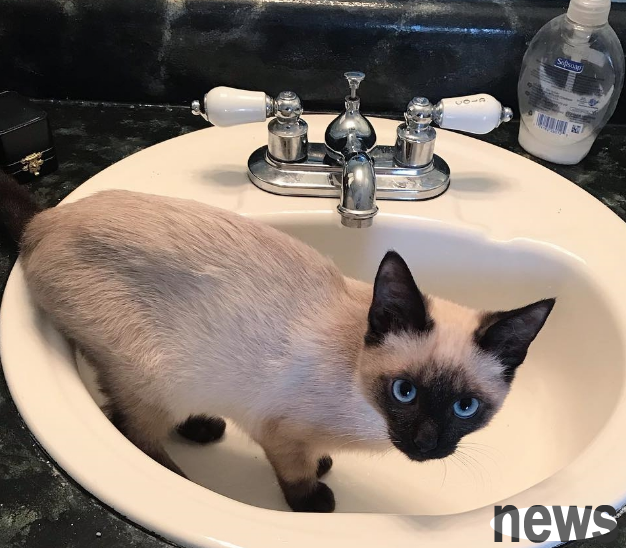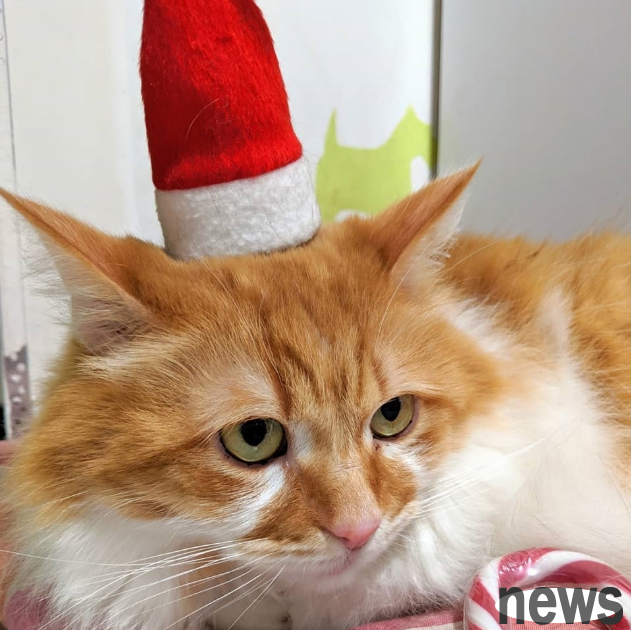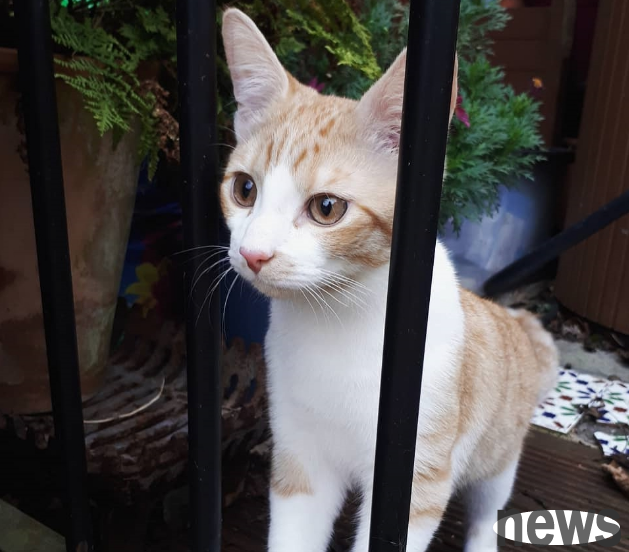I don’t know if you have seen more formal cat adoption information. Among the things that the adopter must do, one is “the cat must be dewormed internally and externally regularly.” When novice poop shovelers check the knowledge about cat raising, i...
I don’t know if you have seen more formal cat adoption information. Among the things that the adopter must do, one is “the cat must be dewormed internally and externally regularly.” When novice poop shovelers check the knowledge about cat raising, it is easy to see the saying that cats need to be dewormed regularly. Then many poop shovelers or prospective poop shovelers who have not yet raised cats may think this way: I keep cats indoors and don’t take them out. I can’t touch those parasites at all. It seems that there is no need to deworm them regularly!

It's wrong to think so! First of all, we must admit that cats are kept indoors all year round, which is indeed a lower probability of being infected with parasites than pets that run out or raise them freely every day. But lowering is not foolproof. Even if the cat is kept indoors, there is also the possibility of parasite infection. First of all, cats can not go out, you cannot go out, right? When you go out to work, play or do business, you will inevitably step on, touch the lawn, soil and dust. Many parasites hide here and go home with the shoveler.

So some shovelers may be puzzled, why do cats or dogs still get parasites even though they haven't gone out? The problem may be that it lies in people. Inadvertently, the shoveler may become a "hurry" for parasites. In addition, sometimes if the meat, vegetables and other foods bought by the shovelers from the vegetable market are improperly handled or the garbage is not cleaned up in time, it may also cause the vegetables and parasites in the meat to stay at home and have contact with the cat.

Cats don't go out, it seems very safe, but after all, a family is filled with people, and the house is not completely isolated, so it cannot be foolproof. And don’t underestimate parasites. Sometimes they are really tenacious, appear inadvertently, and grow rapidly, making people unable to defend themselves and make cats miserable.

parasitics are a large family, divided into in vivo parasites and ectoparasitics. Common in vivo parasites include these: tapeworm, hookworm, heartworm, roundworm, whipworm, etc. Common ectoparasites include these types: scabies mites, ear mites, demodex mites, ticks, lice, fleas, etc. In addition to directly affecting the cat's internal organs, parasites in the body will also snatch energy from the cat's body, making the cat lose weight day by day, feel uncomfortable, have abdominal pain and diarrhea, and mental depression.

If you are infected with ectopic parasites, the cat will experience the following abnormal states: in some places where the mouth can reach, the cat will lick and bite hard from time to time. If it is a place where the mouth cannot reach, it will scratch with its front paws or hind paws, and even continue to scratch when it is bald. It's not necessarily the ears, it's also the back, tail and abdomen. If the shoveler observes carefully, he may find small insects near the part where the cat is scratching. If it is a tick sucking blood, the shoveler must not force it to pull it out, otherwise the tick's head and chest may remain in the cat's body. It is best to take it to the hospital immediately for the doctor to use professional equipment to deal with it.

If the shoveler finds fleas, the shoveler can pick it out and squeeze it to death with two fingernails. It cannot kill fleas by slapping, pinching the belly of the fingers and stomping with your feet. Their exoskeletons are very tough. Fleas are quite common ectoparasites and are easily present in spring and summer. Moreover, fleas and many parasites reproduce rapidly. When you find adults, you may already have many parasite eggs in your living environment and inside and outside the cat! It's scary to think about it!

In order to prevent such a terrifying thing from happening, even cats who do not go out must regularly perform internal and external deworming. If you deworm externally, the poop shoveler can choose to use drops of liquid on the back of the cat's neck. The deworming inside the body is generally small medicine. A greedy cat can mix it into cat food and snacks for it to eat. A cat shoveler with a tricky mouth can spread the cat's mouth and stuff the medicine into the cat's throat, pinch the cat's mouth with his hands, and rub the throat gently or blow a small breath on the cat's nose to help the cat swallow the medicine. It should be noted that deworming medicine is measured according to the weight of the cat. The shoveler must measure the weight of the cat in advance to strictly control the dosage and the time interval for deworming!